Have you ever asked yourself, “Why does my tooth hurt when I bite down?” You’re not alone. This type of pain is surprisingly common—and often misunderstood. Whether it’s one tooth that hurts when biting down or consistent pain in your back tooth, it could be a warning sign of underlying dental issues that need prompt attention.

In this article, we’ll break down the possible reasons your tooth hurts when you bite down, offer relief tips, and help you decide when it’s time to see a dentist. We’ve gathered insights from reputable sources like the American Dental Association (ADA) and WebMD, and written this guide with you—the patient—in mind.
- Understanding the Pain: Why Does My Tooth Hurt When I Bite Down?
- Common Causes: Why Your Tooth Hurts When You Bite Down
- Why Does My Back Tooth Hurt When I Bite Down?
- One Tooth Hurts When I Bite Down – What Does It Mean?
- Relief Tips: What You Can Do Until You See a Dentist
- What Will the Dentist Do?
- Preventing Tooth Pain When Biting in the Future
- When to See a Dentist Immediately
- Related Questions People Ask (FAQs)
- Final Thoughts: Listen to Your Teeth
Understanding the Pain: Why Does My Tooth Hurt When I Bite Down?
Tooth pain can occur for many reasons, but when it’s only triggered by pressure (biting or chewing), the list of likely causes narrows. The pain might feel:
- Sharp or stabbing
- Dull and throbbing
- Localized to one specific tooth
- Occurring only during eating or chewing
The key is identifying what type of issue is causing it—from cavities to gum infections, even jaw or sinus problems.
Let’s explore the top causes of this kind of toothache.
Common Causes: Why Your Tooth Hurts When You Bite Down
1. Tooth Decay or Cavities
If your tooth only hurts when you bite down, it might have a cavity. Cavities form when acids from plaque bacteria erode tooth enamel, eventually exposing the dentin or nerve.
Signs:
- Pain while chewing
- Sensitivity to hot or cold
- Visible pits or dark spots on the tooth
Even a small cavity near a nerve ending can cause pressure-sensitive pain.
2. Cracked Tooth Syndrome (CTS)
One of the most elusive causes of biting pain is a cracked tooth. Sometimes, the crack is too tiny to see, even on X-rays. Still, when you bite, the crack opens slightly and irritates the inner pulp.
Common in:
- Molars (especially if your back tooth hurts when you bite down)
- People who grind teeth (bruxism)
- Teeth with large fillings
🦷 Tip: Cracked tooth pain usually comes and goes—it may not be constant, which makes it harder to diagnose.
3. Dental Abscess or Infection
A dental abscess is a bacterial infection that forms a pocket of pus at the tooth’s root. When you bite down, pressure on the abscess can lead to intense, throbbing pain.
Symptoms:
- Swollen gums or jaw
- Fever or swollen lymph nodes
- Bad taste or odor in the mouth
- Persistent, worsening pain
Abscesses need immediate treatment—usually a root canal or extraction.
4. High Filling or Crown
If you’ve recently had dental work and now your tooth hurts when biting down, the new crown or filling may be too high. This places extra pressure on that tooth during chewing, causing pain and inflammation.
Fix: A simple bite adjustment from your dentist can relieve the pain almost instantly.
5. Periodontal (Gum) Disease
Gum disease can cause teeth to feel loose, sore, or achy, especially when biting down. Advanced periodontitis can expose roots and erode the bone supporting your teeth.
Signs:
- Bleeding or receding gums
- Persistent bad breath
- Tooth mobility
- Gum pockets or infections
Pain while biting in this case is due to inflammation or infection around the tooth root.
6. Tooth Grinding or Clenching (Bruxism)
Grinding your teeth—especially at night—can wear down enamel, cause micro-cracks, and damage the nerves inside the tooth.
Indicators:
- Morning jaw pain
- Flattened or chipped teeth
- Tooth sensitivity and soreness
⚠️ Note: Even if you’re unaware of grinding, your dentist can often tell by examining your bite patterns and wear.
7. Sinus Pressure or Sinusitis
This may surprise you, but sinus infections can cause upper molars to hurt when biting down. That’s because the sinus cavity sits just above the upper jaw.
Symptoms:
- Pressure around the nose, eyes, or forehead
- Nasal congestion or post-nasal drip
- Pain intensifies when bending forward or chewing
If multiple upper teeth hurt when chewing, and you also have cold or allergy symptoms, consider a sinus issue.
8. Impacted Food or Debris
Sometimes the pain isn’t from a serious dental issue—but from something simple like food stuck between teeth or under the gum.
Quick Fix:
- Floss around the painful area
- Rinse with warm salt water
- If pain persists, schedule a cleaning
Why Does My Back Tooth Hurt When I Bite Down?
If the discomfort is isolated to a single molar or back tooth, here’s what might be happening:
- Fractured molar
- Deep cavity
- Impacted wisdom tooth
- Excessive bite force (e.g. from bruxism)
- Failed filling or old dental work
Back teeth are more prone to damage because they take the brunt of chewing force. Many patients ignore pain in molars—don’t make that mistake.
One Tooth Hurts When I Bite Down – What Does It Mean?
Localized pain in just one tooth often means something is structurally wrong:
- A cracked or fractured tooth
- A deep cavity affecting the nerve
- A loose crown or failed filling
- Periapical (tooth root) infection
Your dentist will likely tap on individual teeth, use cold tests, or take X-rays to isolate the issue.
Relief Tips: What You Can Do Until You See a Dentist
While professional care is essential, here are some safe and effective home remedies to manage pain temporarily:
✅ Try These at Home
- Salt Water Rinse
- Mix ½ tsp salt in warm water
- Rinse for 30 seconds, 2–3 times daily
- Cold Compress
- Apply to the outside of cheek for 15 minutes
- Helps reduce swelling and numb the pain
- Pain Relievers
- Ibuprofen or acetaminophen as directed
- Avoid aspirin directly on the tooth (can irritate gums)
- Clove Oil
- Natural numbing effect
- Dab a small amount on the sore area
🚫 Avoid These
- Chewing on the affected side
- Sticky, sugary, or hard foods
- Hot or icy beverages
- DIY filling kits (unless guided by a professional)
What Will the Dentist Do?
Your dentist will determine the best course of action based on a clinical exam and possibly digital X-rays or thermal tests.
Possible Treatments:
| Issue | Solution(s) |
|---|---|
| Cavity | Filling, inlay, or crown |
| Cracked Tooth | Bonding, crown, or root canal if pulp is exposed |
| Abscess | Root canal or extraction |
| High Bite | Occlusal adjustment (polishing down high point) |
| Gum Disease | Deep cleaning (scaling & root planing), antibiotics |
| Grinding/Clenching | Nightguard, stress therapy |
| Sinus Pressure | ENT referral or sinus medication |
📌 Remember: Don’t delay dental visits—minor problems can become expensive emergencies if left untreated.
Preventing Tooth Pain When Biting in the Future
Pain is often preventable. Follow these guidelines to reduce your risk of future issues:
🦷 Dental Hygiene Basics
- Brush twice daily with fluoride toothpaste
- Floss once daily to clean between teeth
- Use mouthwash with antibacterial properties
- Get dental checkups every 6 months
💡 Extra Tips
- Wear a nightguard if you grind teeth
- Avoid chewing on hard objects (ice, pens, bottle caps)
- Don’t ignore small pain—it rarely resolves on its own
- Keep your diet low in sugary snacks and acidic drinks
When to See a Dentist Immediately
Seek urgent dental care if:
- Your tooth pain lasts more than 2 days
- The pain worsens with time
- Swelling occurs around the gums or jaw
- You have a fever or swollen lymph nodes
- You feel pressure even when not biting
These may indicate infection or nerve exposure and should not be ignored.
Related Questions People Ask (FAQs)
Why does my tooth hurt when I bite down?
A tooth may hurt when you bite down due to cavities, a cracked tooth, dental abscess, gum disease, or a damaged filling. A dental exam is needed to find the exact cause.
What should I do if my tooth hurts only when I bite down?
If a tooth only hurts when you bite down, avoid chewing on that side and book a dental appointment. Pain could indicate a hidden crack or infection.
Can a cracked tooth cause pain when chewing?
Yes, a cracked tooth often causes sharp pain when chewing or biting. The crack irritates the nerve inside, especially under pressure.
Why does my back tooth hurt when I bite down?
Your back tooth may hurt when biting due to decay, a loose filling, or pressure on a cracked molar. Sometimes, wisdom teeth or gum issues are the cause.
How do I relieve tooth pain when biting?
Rinse with warm salt water, avoid hard foods, and take OTC pain relievers like ibuprofen. For lasting relief, see your dentist to treat the root cause.
Final Thoughts: Listen to Your Teeth
When your tooth hurts when you bite down, your body is telling you something is wrong. Ignoring this pain won’t make it go away—and can lead to more invasive (and expensive) procedures down the road.
According to the American Dental Association, timely dental evaluation and care are key to preventing serious oral health complications.
So if your back tooth hurts when biting down, or you feel pain in one specific tooth, don’t wait. Get it checked by a professional, take preventive steps, and preserve your smile for years to come.
Disclaimer: The content provided in this article is for educational and informational purposes only. It does not substitute professional medical advice, diagnosis, or treatment. For guidance specific to your dental condition or recovery, please consult your dentist, oral surgeon, or licensed healthcare provider.



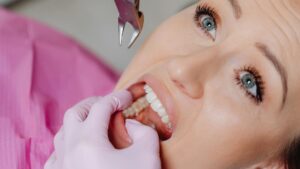

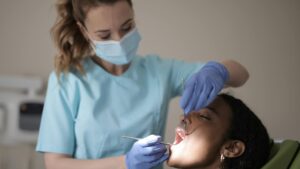
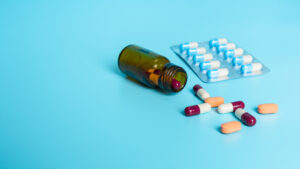

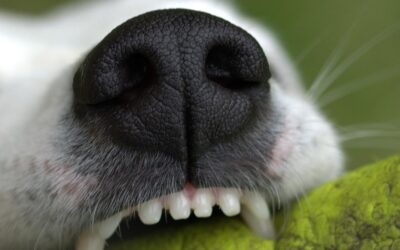
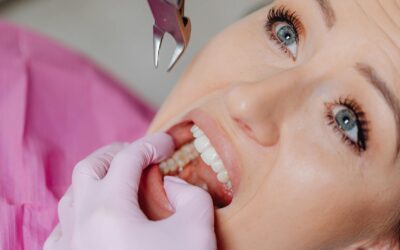



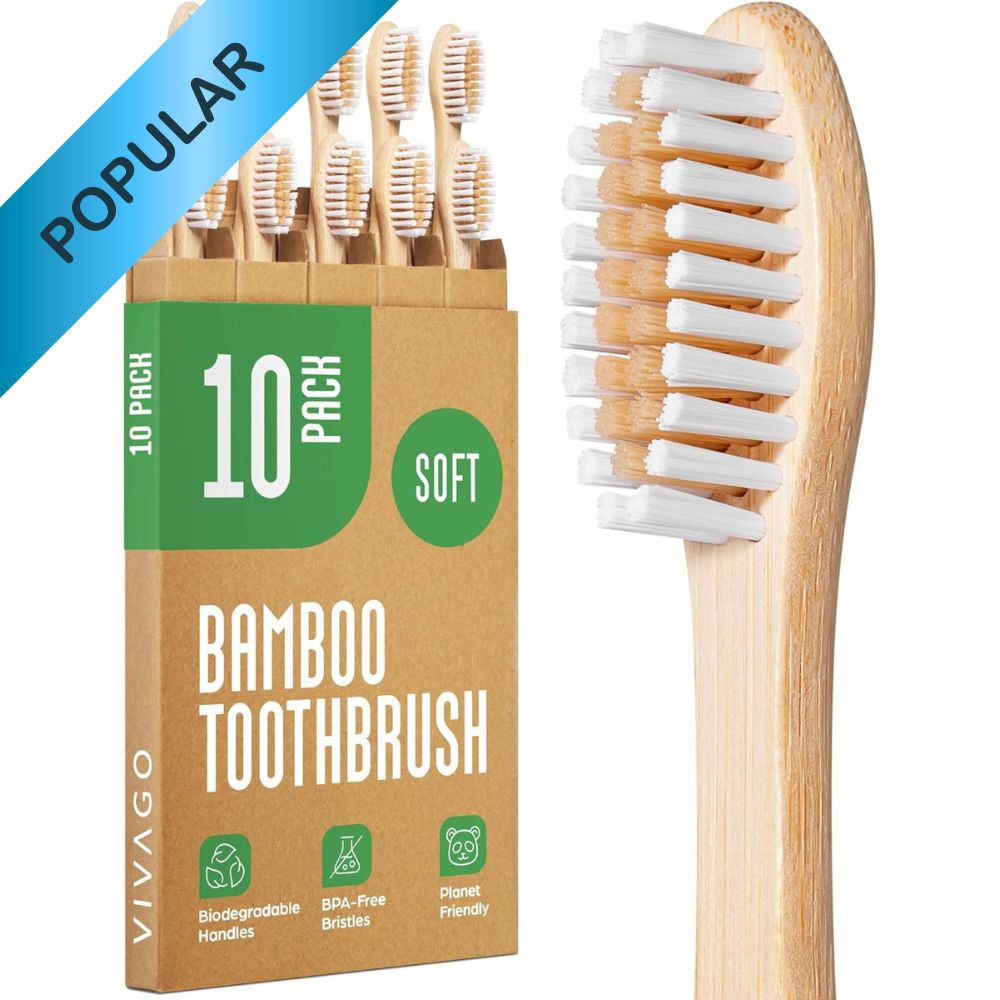




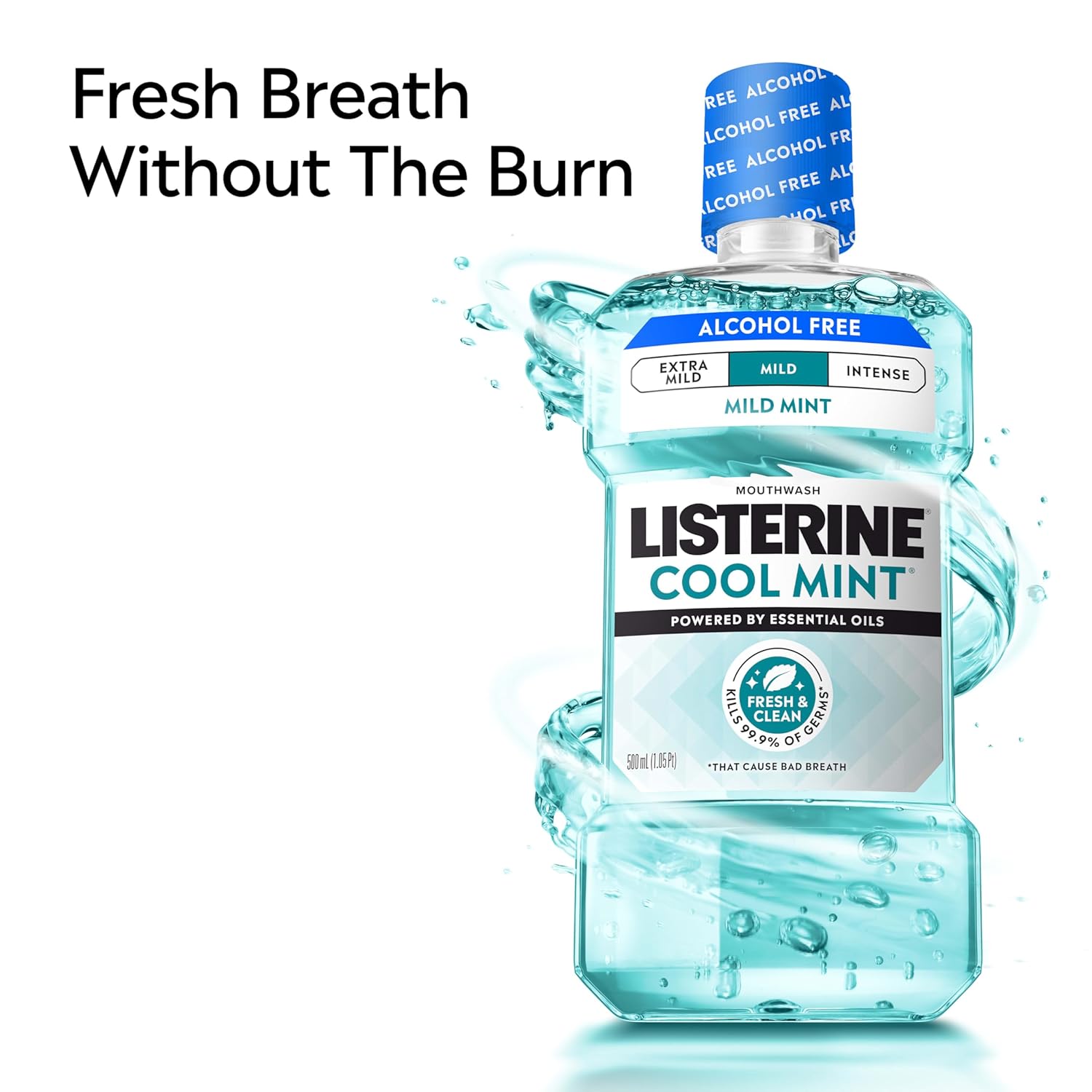
0 Comments